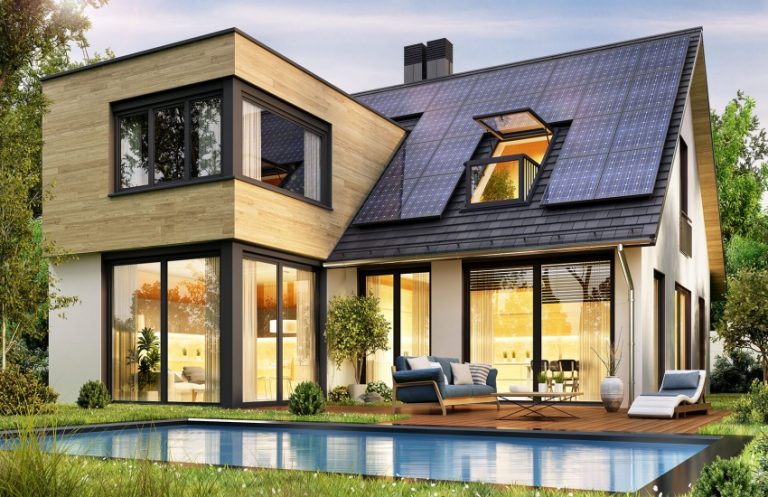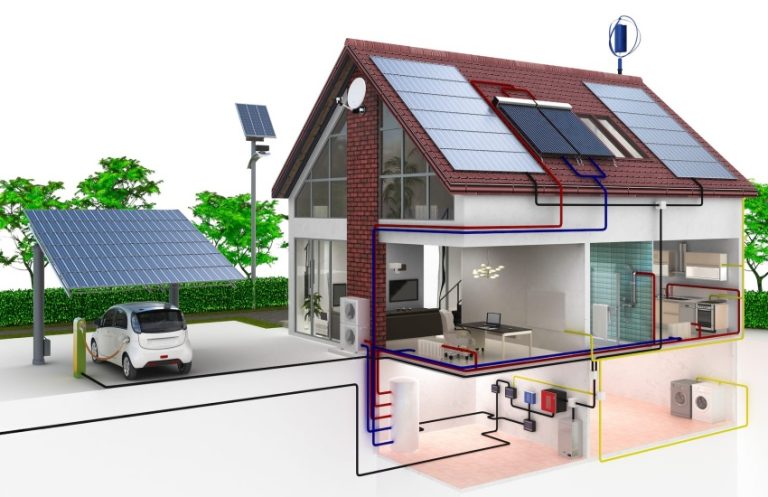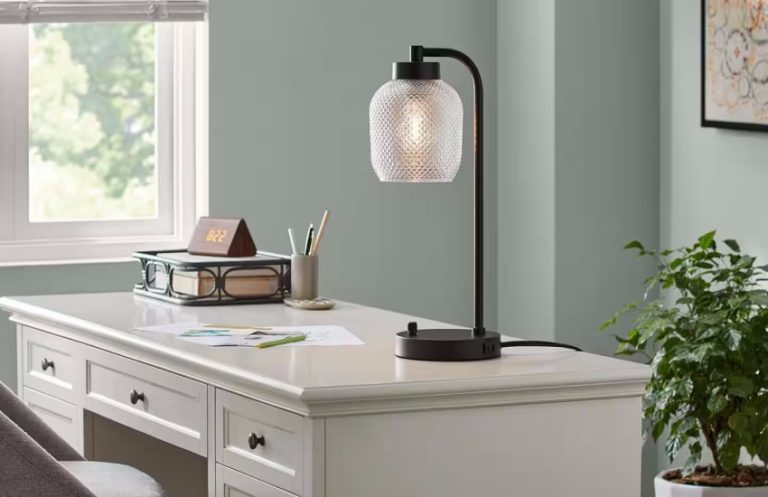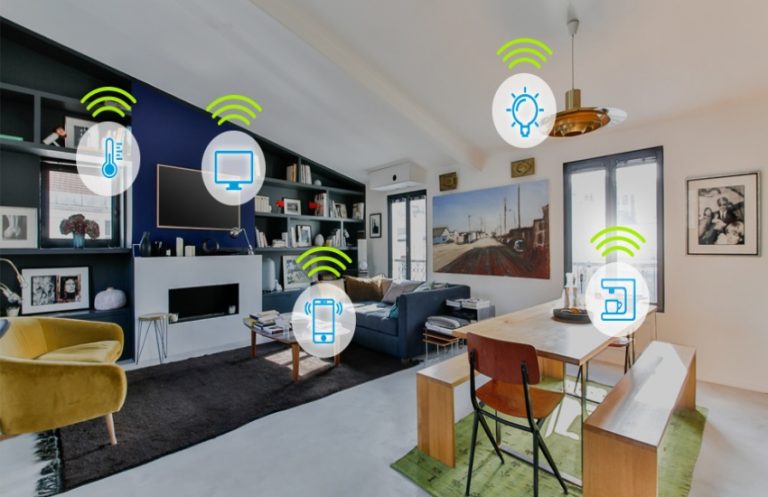
One significant advantage of smart home technology is the ability to automate routine tasks. Smart lighting systems can be programmed to turn on and off at specific times or adjust based on natural light levels. This not only saves energy but also enhances security by giving the appearance of occupancy when homeowners are away. Similarly, smart thermostats learn users’ habits and preferences, optimizing heating and cooling schedules to maximize comfort while minimizing energy consumption.
Security is another critical area where smart home technology excels. Smart security cameras, doorbell cameras, and motion sensors allow homeowners to monitor their property in real time. Notifications can be sent directly to smartphones, enabling users to respond quickly to potential security threats. Smart locks provide an additional layer of convenience and safety, allowing homeowners to grant access to guests remotely or set temporary codes for service providers.
Energy efficiency is a growing concern for many homeowners. Smart home technology provides tools to track and manage energy consumption effectively. Smart plugs and energy monitors can identify which devices consume the most energy, allowing users to make informed decisions about usage. By optimizing energy consumption, homeowners can reduce their utility bills while also contributing to environmental sustainability.
Integration is a key feature of smart home technology. Many devices can work together through a central hub or platform, creating a cohesive smart home ecosystem. For instance, a smart home assistant can control lighting, temperature, and security systems all from one interface. This interconnectedness simplifies the user experience and enhances the overall functionality of the home.
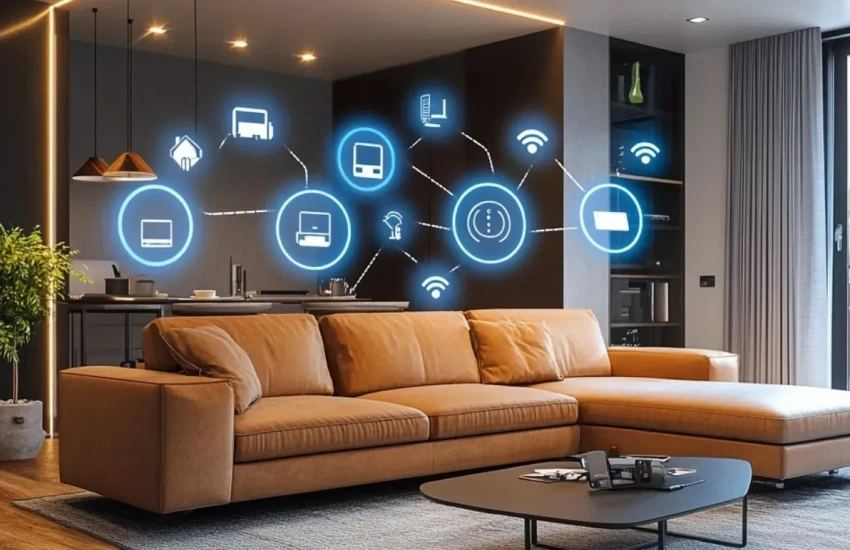
User-friendly interfaces are another important aspect of smart home technology. Many devices come with intuitive apps that allow homeowners to customize settings and preferences easily. Voice-activated assistants, such as Amazon Alexa or Google Assistant, enable hands-free control of various devices, making it convenient to adjust settings while multitasking. This ease of use encourages more people to embrace smart technology in their homes.
Investing in smart home technology can also increase property value. As more buyers seek homes equipped with modern conveniences, having smart devices installed can make a property more attractive on the market. Features such as smart security systems, energy-efficient appliances, and automated lighting can set a home apart from others, appealing to tech-savvy buyers.
Privacy and security concerns are often raised regarding smart home technology. However, reputable manufacturers prioritize data protection and offer features like two-factor authentication and end-to-end encryption. Educating oneself about privacy settings and choosing devices from trusted brands can mitigate these concerns, allowing homeowners to enjoy the benefits of smart technology without compromising security.
Exploring the various options available in smart home technology can empower homeowners to create a more efficient, secure, and convenient living environment. By embracing automation, enhancing security, and optimizing energy use, smart devices can significantly improve the quality of life. As technology continues to evolve, the possibilities for smart home integration will only expand, making it an exciting area for homeowners to explore.
